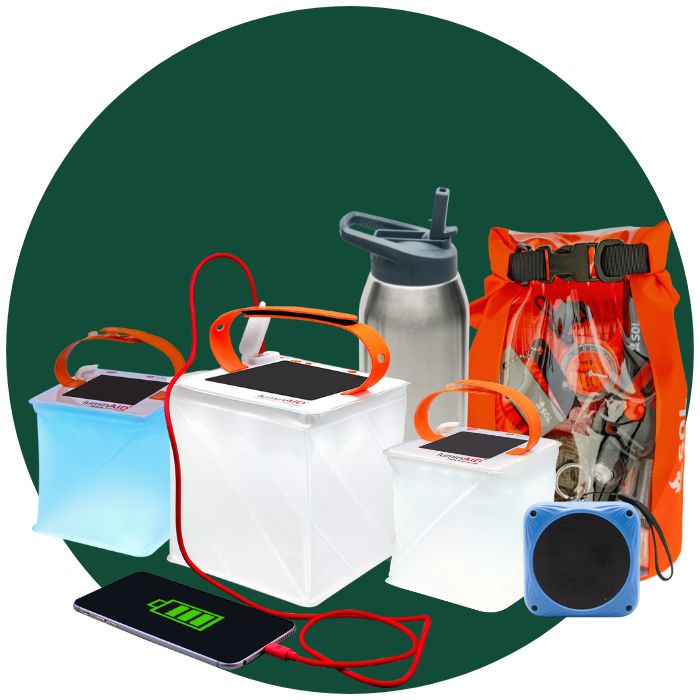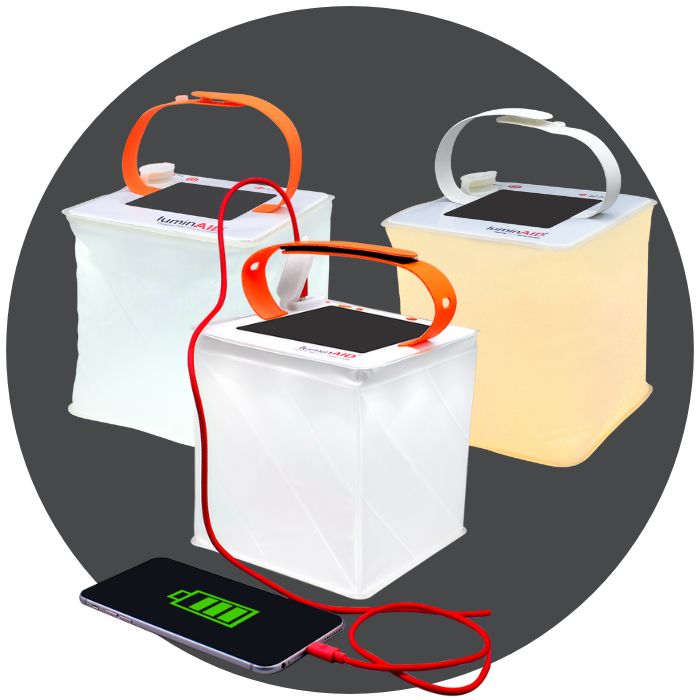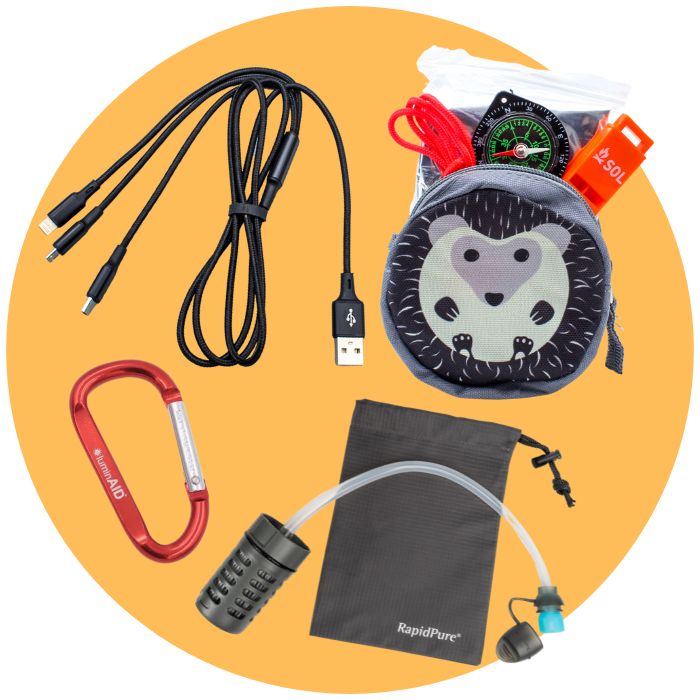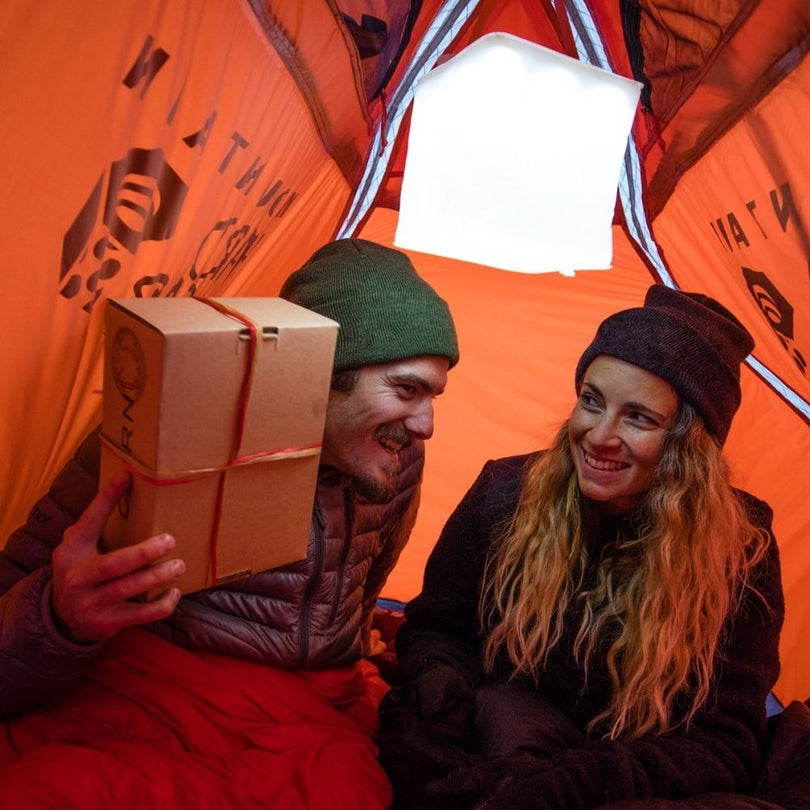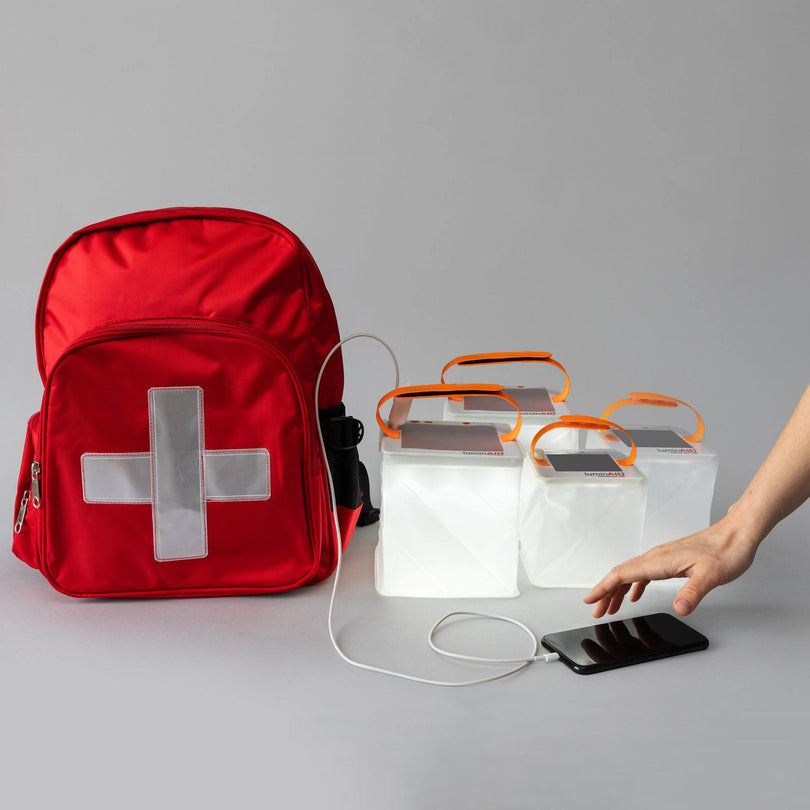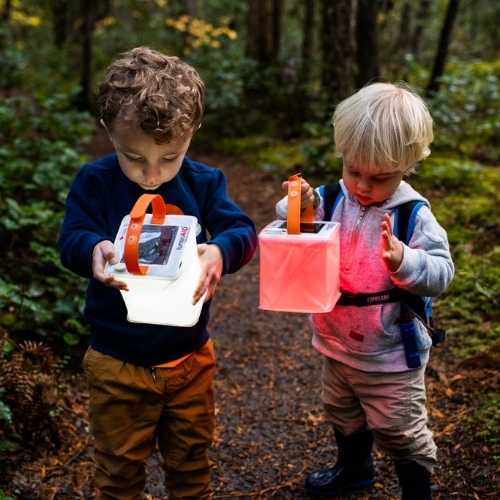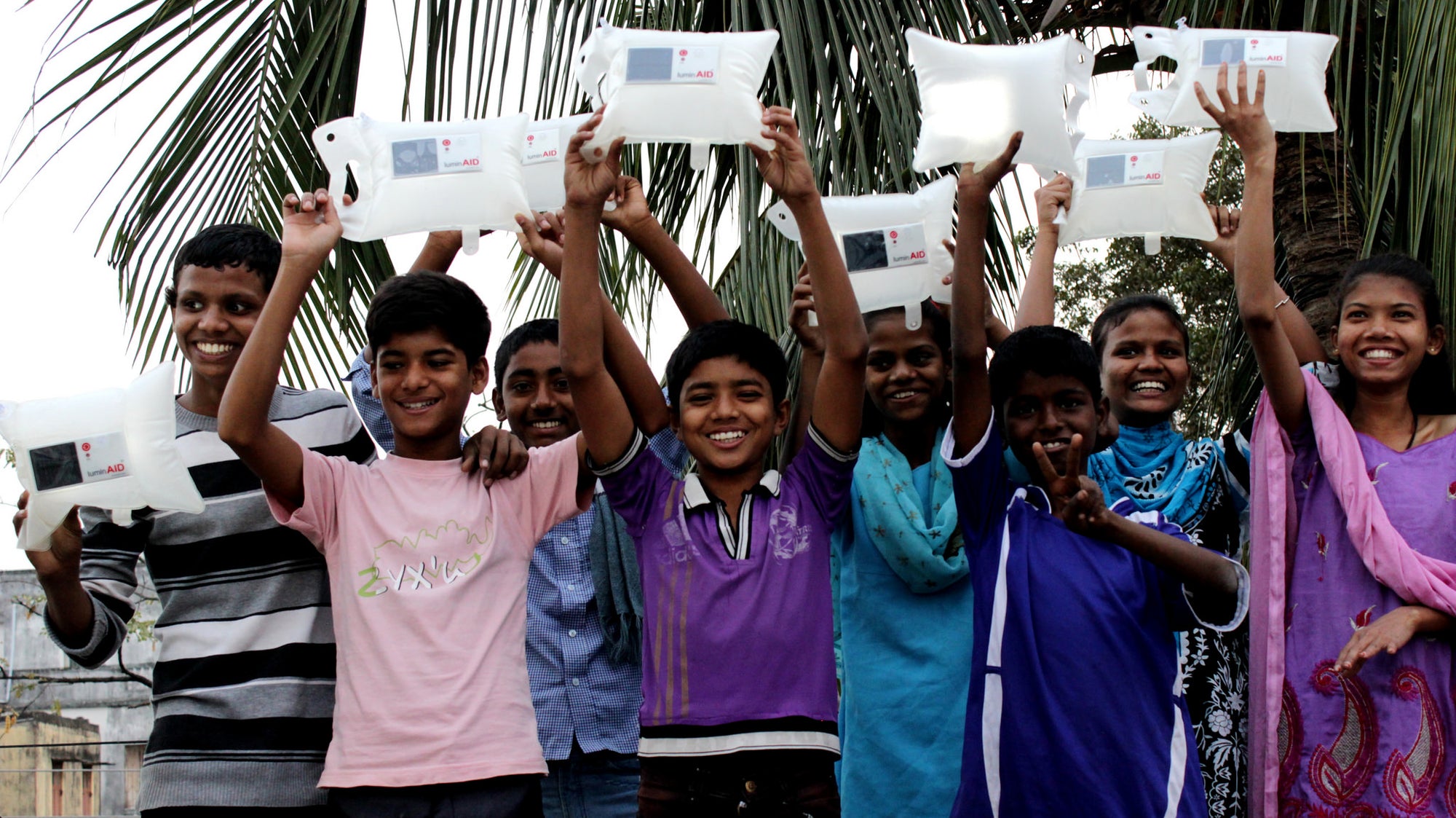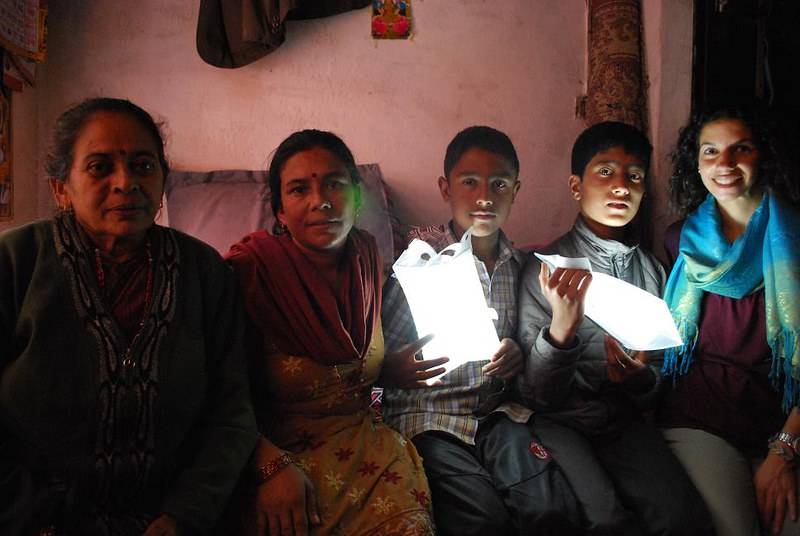Our newest Notes from the Field comes from Peace Corps Volunteer Kelsey Smith. Kelsey was stationed in Malawi and spent over two years living among the gracious people of this tiny country, working hand-in-hand with community members to combat deforestation and promote environmental awareness and education.
While Kayoyo is a lush, mountainous, and beautiful area situated three kilometers from a protected rainforest, it is still just another village in Sub-Saharan Africa plagued by overpopulation and lacking in resources. With no access to electricity, when the sun goes down, everybody gathers their chickens and goats, brings their nsema and ndiwo in from the fire for dinner, and hunkers down in their basic dwellings and sleeps.
At the same time, students go to great lengths to receive an education, traveling to school rain or shine, sometimes shoeless, in hopes of attaining high enough test scores to promote them to secondary school. The lack of light after dark, however, severely limits their abilities to continue studying.
20 LuminAID lights were distributed throughout the Kayoyo area, and now, about sixty boys and girls in Grade 8 will have access to light after dark thanks to their lanterns. The lights will aid these students in studying for their year-end test that determines if and where they will continue on to high school. Additionally, access to light will ensure the students' safety while walking from their respective boarding quarters to the school for joined studying in the evenings.

The boys in Grade 8 show off their new solar lanterns, which is used to light up their boarding house at night since there is no electricity.
Another 20 LuminAID solar lights were given to orphans and especially needy students attending Kayoyo Primary School. Currently, 16 boys and 30 girls live without one or both parents, which is largely the result of the rampant number of HIV/AIDs cases in Malawi. The gift of a solar light allows these children to finish schoolwork in the evening hours with their very own source of light, rather than relying on others for money for flashlights, batteries, or candles, or worse-- not studying at all.
Reflecting on her experiences, Kelsey notes, "the gift of a solar powered light can change a student's life and empower them to build a strong future for themselves and their country."

